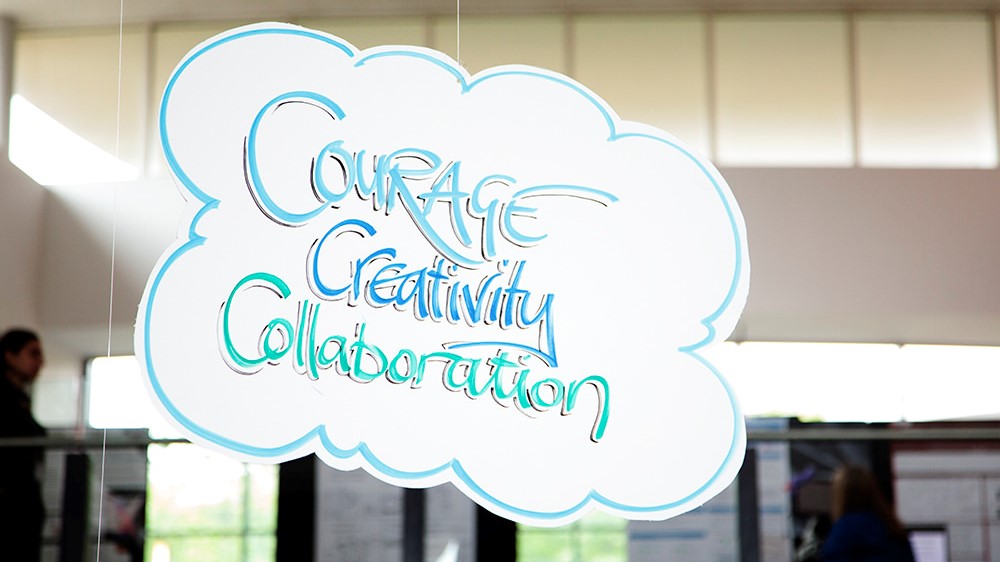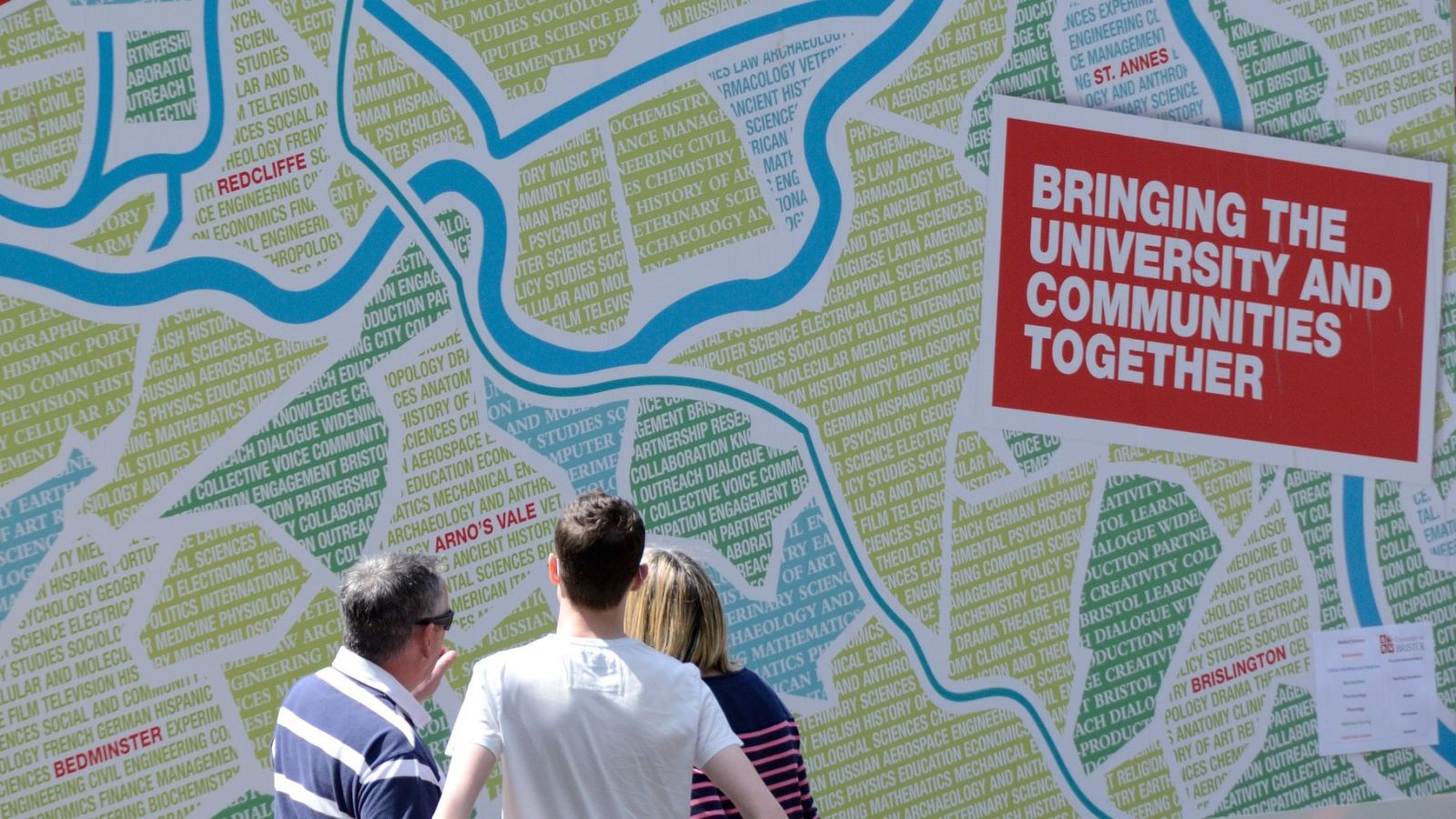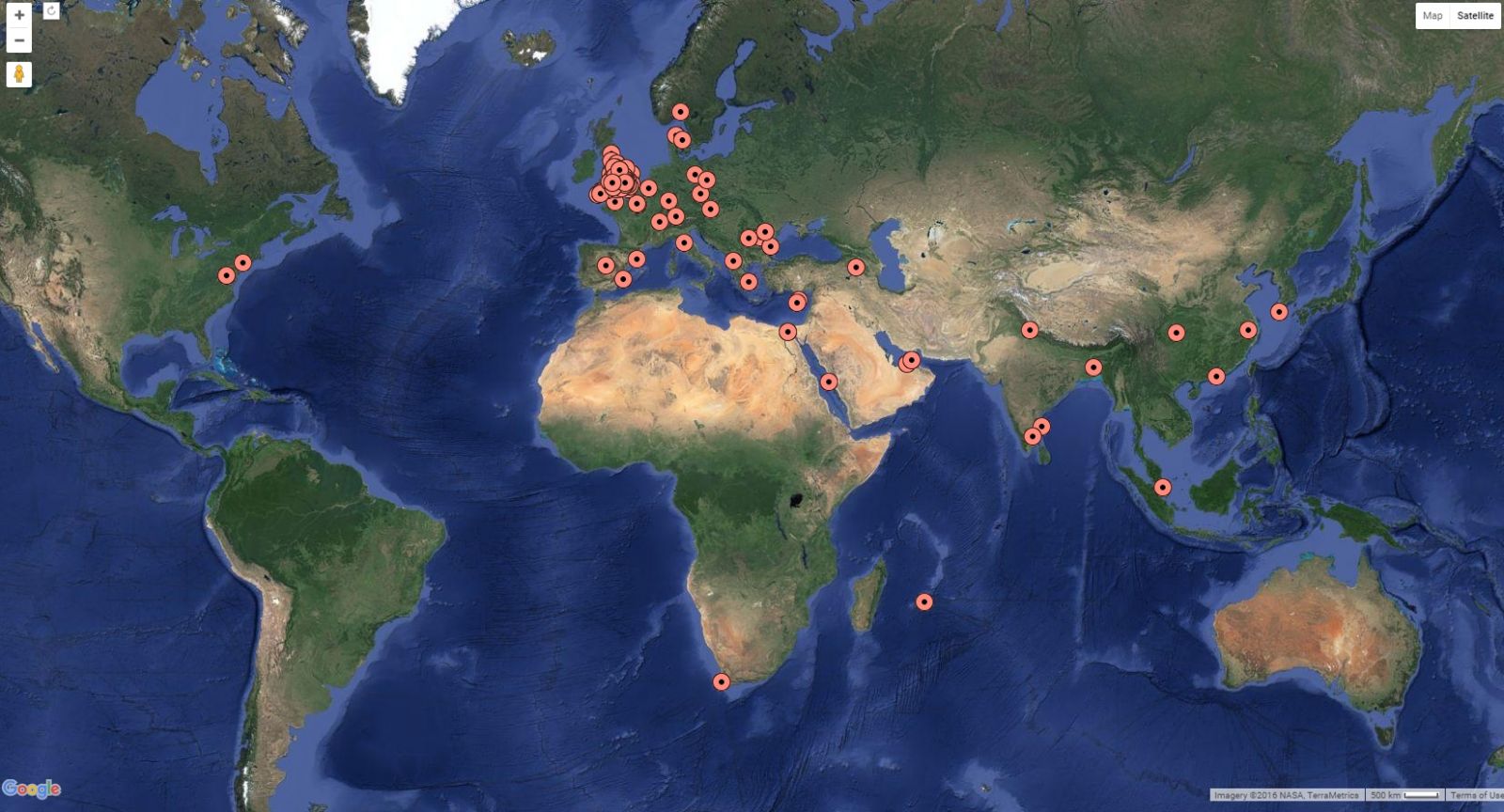CHANGE; revolution; upheaval; transformation. These ideas all seem very exciting at the moment. Young people are inheriting modern difficulties – a tough job market; unstable politics around the world – and many students and graduates want to take control of their own future from an earlier age. So what if there was a way for ambitious students to study a course that encompasses all these ideas? Integrated innovation degrees could do just that.

In response to feedback from their students, the University of Bristol is the first university in the UK to create Innovation Courses that can be merged with traditional subjects. This will allow students from a range of disciplines to work together, sharing knowledge and methods to inspire cross-disciplinary problem-solving.
How are these courses different?
The degree was created when 30% of Bristol’s students said that they would like to start their own enterprise after leaving university. In the past, if students wanted to prepare for this at university, they might have been able to study Innovation or Entrepreneurship as a course of its own – very often under the School of Business within a university – but this is the first time that a variety of subjects are integrated with innovation, making entrepreneurs in many disciplines. In total there are 11 subjects that could be combined:
MArts Anthropology with Innovation
MEng Computer Science with Innovation
MEng Electrical and Electronic Engineering with Innovation
MArts Film and Television with Innovation
MSci Geography with Innovation
MArts History with Innovation
Msci Management with Innovation
MArts Music with Innovation
MSci Physics with Innovation
MSci Psychology with Innovation
MArts Theatre with Innovation
The courses have been designed as four year long integrated masters programmes that begin at undergraduate level and takes students all the way through to the completion of a master’s degree. This means that upon completion, graduates will have a higher level of education than their single-discipline classmates. An extra boost in the job market without having to apply and pay separately for a postgraduate course can only be a good thing.

Start-up incubators
According to research from StartUp Britain, 657,750 new businesses were registered in Britain alone in 2016 – the most there has ever been. Some students might see start-ups as a way of creating their own jobs, but it is important to be able to compete with these other hopefuls.
The teaching is held in a studio-based learning environment and incubator which allows the students to work in teams, working on real world challenges alongside specialists from industry. The University of Bristol Innovation students also have guest lecturers and mentors from successful incubators and accelerators, including the Bristol SETsquared Centre, which was ranked in 2015 as the World’s best University backed business incubator.
Digital entrepreneur Robin Brattel, is one such individual who has been working with students to share his expertise. He said:
"It is important that people like me can be involved to help young entrepreneurs to give them the confidence to become successful and brilliant. The world is changing so rapidly and the next generation of innovators and entrepreneurs have to embrace this fast-changing and often turbulent environment to create and develop products and services. This course provides the foundations to enable them to do just that."
Structure
Students spend just over half of their time in their chosen subject classes and rest of their time working with the other Innovation students on real world problems where they apply their subject specialism to come up with innovative solutions together.
As well as leaving with a master’s qualification, innovation students also form teams to plan a venture, teaching them how to take forward their innovative ideas into a startup and how to finance it. The first year’s final project was based around the theme of transportation. Some of the projects designed by the students included innovative designs for the inside of driverless cars to encourage trust and a cable-car transport system called the ‘wire wagon’ to avoid Bristol traffic.
Students are taught to focus on people – using human-centred design – to address a want or a need. This is where working with students from so many different disciplines is beneficial as each discipline will bring a different viewpoint of the problem. Together they then will be able to come up with innovative and creative solutions through exploration of these different views. This also fits in with the World Economic Forum Future Jobs Report, which outlines key skills for graduates in 2020 and beyond: Creativity, Emotional Intelligence and Cognitive Flexibility.
Attracting the best budding innovators
The University of Bristol already has entrepreneurial alumni: Mark Ellingham and Natalie Jansz created the Rough Guides travel books, Edd Read set up the snack delivery service Graze and Will Dean co-founded the 'Tough Mudder' mud running events. This new course is bound to attract more hoping for success.
The application process gives applicants a chance to go beyond grades and present themselves fully by asking the question “Why do you feel you should be given a place to study your chosen subject specialism with Innovation – what makes you innovative?” Response could be in the form of an essay, or it could be as a 3-minute video.

The first set of 55 students whose response got them on the course represent 13 different countries including: Angola, Brazil, China, Cyprus, Egypt, Greece, India, Romania, Saudi Arabia, Singapore, South Africa, Spain and the United States. This adds to the overriding concept of approaching things from different angles, backgrounds and cultures, allowing projects and innovative ideas to flourish.
This type of course is innovative in itself and a great way to shape the future of teaching, and even the job market, with the graduates that it will be producing.
This article was created in partnership with the University of Bristol. If you would like more information on thier Innovation courses, or have any other questions, head to their profile to find out more and send an enquiry.